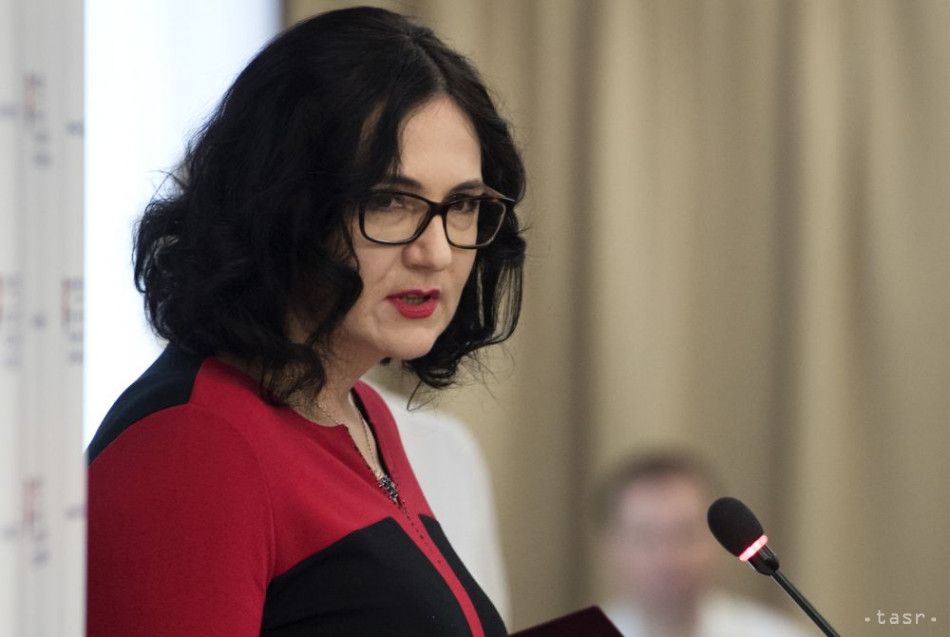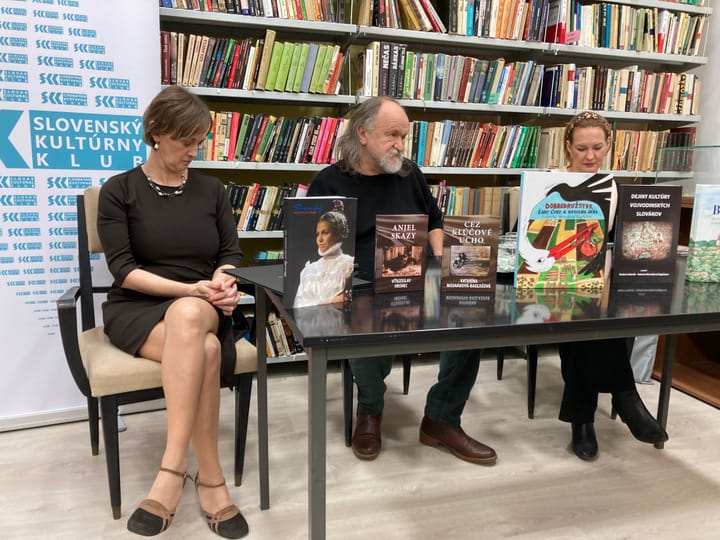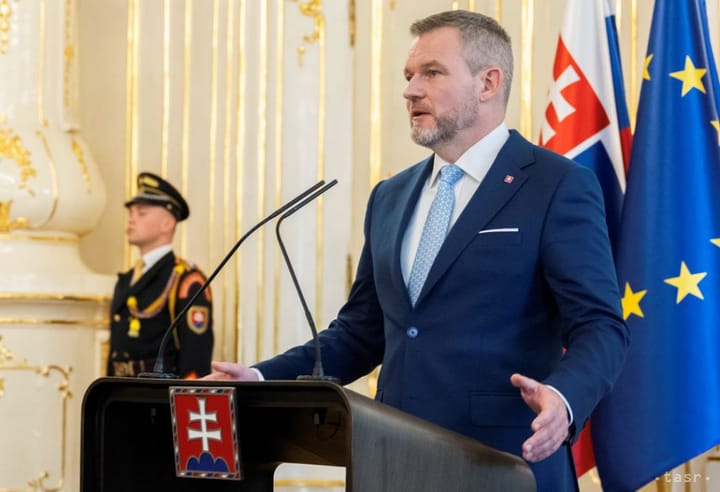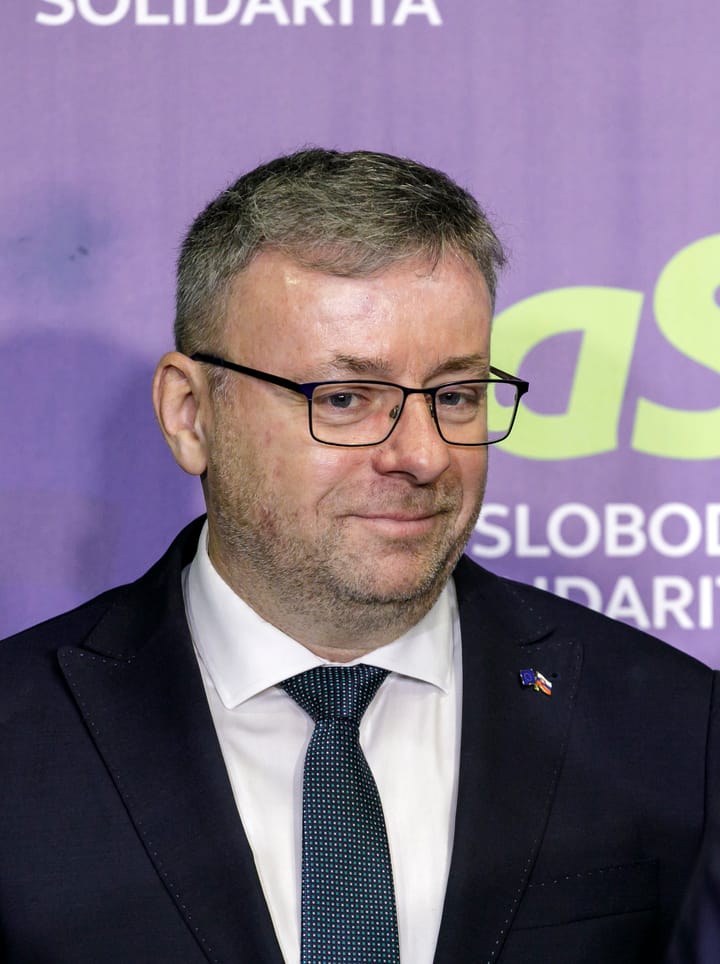Opposition Lambasts Education Ministry Over PISA Student Ranking

Bratislava, December 3 (TASR) – The opposition levelled criticism at the Ministry of Education, Science, Research and Sport over the less-than-flattering PISA test scores of Slovak students.
Non-parliamentary Together chair Miroslav Beblavy believes that Slovak education has deteriorated, as indicated by PISA results. He emphasised that Slovakia cannot settle for mediocrity. “If we wish to have a competitive economy and smart people, we need to rank in the first half of the EU, not the bottom one,” he claimed.
Freedom and Solidarity (SaS) pointed out that it’s reading literacy that poses the greatest problem to Slovak students. However, MP Branislav Grohling (SaS) underlined that in the contemporary era, the ability to read texts with comprehension and critically verify information is paramount. “Following its rise, the Slovak National Party (SNS) was promising the greatest reform of education ever. Instead, the reform was being drafted for a year and half under minister Peter Plavcan, only to be scrapped by [incumbent] minister Martina Lubyova (SNS). Since then, education has been stagnant, in the doldrums, which is reflected also in the student rankings,” claimed Grohling.
According to We Are Family MP Adriana Pcolinska, there are demotivated and underpaid scientists and teachers in Slovakia, a shortage of quality textbooks, and primary and secondary schools that are lagging behind the EU average.
In its response, the ministry claimed that many measures have been introduced to improve the quality of the Slovak education system.
According to the ministry press department, the Slovak education system has notably improved in its PISA rankings from below-average to average figures. “The coalition Progressive Slovakia-Together is deningrating the work of thousands of teachers, who have managed to improve steeply the ranking of our students in maths,” it said.
The Programme for International Student Assessment (PISA) study tests 15-year-old pupils’ scholastic performance in mathematics, science and reading. It was first performed in 2000 and then held every three years. A total of 385 schools and 6,770 pupils participated in the testing in April 2018.
In the reading and science category, the performance of Slovak pupils remains under the OECD average, although a statistical improvement to the OECD average was recorded in the mathematical category, pointed out the ministry.
Education Minister Martina Lubyova also believes that the national average is “being dragged down” by children from marginalised communities and until this problem is resolved, there won’t be any better rankings for Slovakia.



